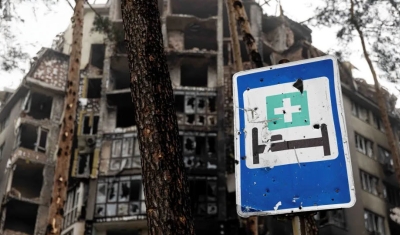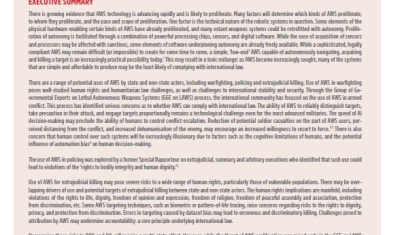Cyber Operations, Armed Conflicts and International Law
Event


y Florian Olivo, Unsplash
Cyberspace has dramatically transformed human existence. The ability to digitize, store, analyse and transport data around the globe has had profound effects in every sector of society and has changed the way we conduct personal, business, and political affairs. The COVID-19 pandemic has accelerated this revolution in our societies and amplified the ubiquity of information and communication technologies (ICTs).
Yet, cyberspace also offers new means and methods for different actors to conduct malicious activities. Cyber operations conducted by both state and non-state actors are perceived as potential challenges for international peace and security as well as for the international legal order. Cyber operations have become an integral part of international relations. States and non-state actors are conducting cyber operations against other States and actors, notably during armed conflicts.
In this talk, as part of our research on disruptive military technologies, we will analyse different examples of cyber operations (eg. Stuxnet, NotPetya and SolarWinds) allegedly conducted or sponsored by states, and discuss their effects on the geopolitical contexts as well as the different challenges they raise for international law, notably jus ad bellum and jus in bello.
Moderation
- Marco Roscini, Swiss IHL Chair at the Geneva Academy and Professor of International Law at the University of Westminster
Talk by
- François Delerue, Senior Researcher in Cyber Security Governance at Leiden University will exchange with Professor Marco Roscini, IHL Chair at the Geneva Academy
Video
CYBER OPERATIONS, ARMED CONFLICTS AND INTERNATIONAL LAW
In this talk, the panelists analysed different examples of cyber operations allegedly conducted or sponsored by states, and discussed their effects on the geopolitical contexts as well as the different challenges they raised for international law.












